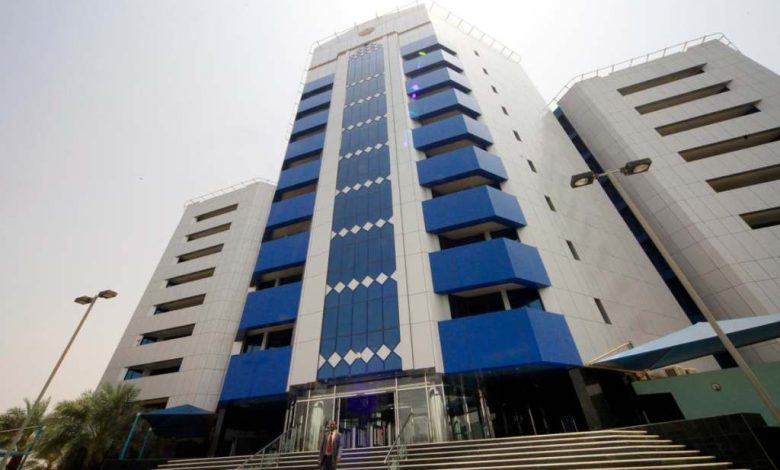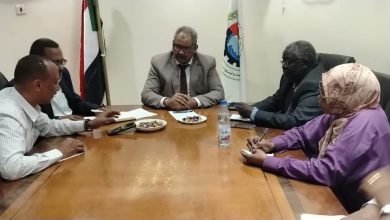Economic
The Monetary Policy of the Central Bank of Sudan for 2025: A Step Towards a Real Economy

By Sudan Events – Rehab Abdullah
The Central Bank of Sudan’s monetary policy for 2025 emphasized the need to revise the current denomination structure of the national currency. This revision aims to curb and regulate misappropriated funds while keeping pace with developments in the banking sector. The policy also calls for the completion of replacing the 1,000 and 500-pound banknotes and the consideration of introducing new denominations.
Exchange Rate Liberalization
The policy highlighted its goal of stabilizing the exchange rate and reaffirmed its commitment to the exchange rate liberalization policy. It also aims to reduce inflation rates by targeting a nominal money supply growth of 60.9% and a monetary base growth of 56.1% in 2025. Additionally, it plans to lower the statutory reserve ratio to 10% to enable banks to provide financing and support the economy.
The monetary policy includes providing technical and financial support to commercial banks to help them overcome the impacts and consequences of the war, ensuring the banking system’s ability to deliver services effectively and efficiently.
Enhancing Banking Applications
The policy stressed achieving financial stability and promoting digital transformation through the implementation of banking applications for banks that have not yet adopted them, while also improving existing applications. It also aims to expand financial inclusion by focusing on micro and small finance services, strengthening financial institutions, reducing non-performing loans, and enhancing the regulatory frameworks for digital payments systems.
Restructuring the Banking Sector
The policy advocated for restructuring the banking system through options such as increasing capital, merging banks, acquisition, or liquidation. This would follow a comprehensive assessment of the losses incurred by banks and other financial institutions due to the war. Expanding opportunities for bank financing was also a key focus.
The monetary policy emphasized enhancing efforts to combat money laundering, terrorism financing, and the proliferation of arms by developing monitoring and oversight mechanisms in alignment with national efforts to recover misappropriated funds.
Additionally, the policy called for stricter measures to recover export proceeds, regulate import and export operations, and enhance the strategic goods portfolio to reduce demand for foreign currency in the parallel market. Efforts to attract remittances from expatriates and build the Central Bank’s foreign currency reserves will also be prioritized.
Prohibited Financing Activities
The Central Bank of Sudan has prohibited banks from financing federal or state governments, exchange companies, and money transfer businesses. It has also banned financing for foreign currency trading, stock and securities purchases, the repayment of existing or defaulted loans, and the trading of telecommunications balances. Financing for land and real estate purchases is prohibited, except under regulated conditions, as is financing for vehicle purchases except under specific guidelines. Furthermore, financing for gold purchases and its derivatives is banned, as is financing for domestic trade, with the exception of strategic goods, solar panels and batteries, production inputs, machinery, and capital equipment for economic sectors.



